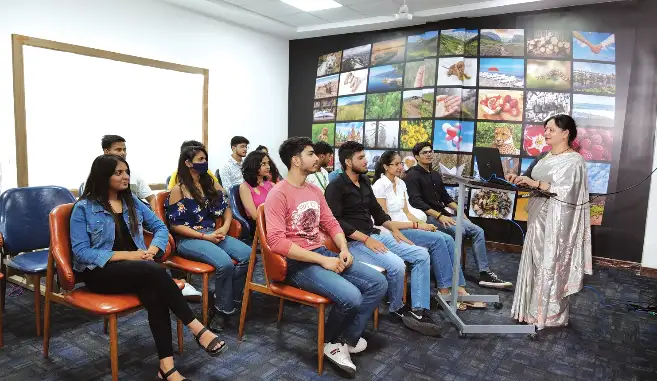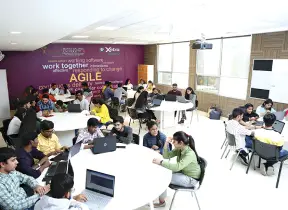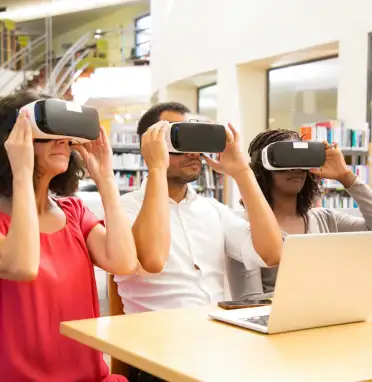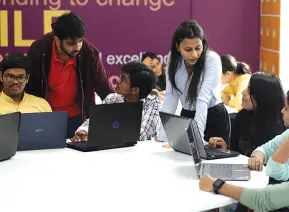Project Based Learning pedagogy is one of the powerful tools that a teacher can use for effective learning. It is a practice based, learning based, technology intensive, addressing UN Global Sustainable goals for making learners to get knowledge, skills and develop a behavior that is very conducive for making them useful to society. This is a resource intensive than a traditional didactic method yet it has potential to teach learners to be resilient, problem solver and to develop professionalism for working collaboratively in teams.
The method is rooted in social constructivist approach for developing cognitive, psychomotor and effective domain skills. It is a learner centric approach having a combination of discovery, participatory and experiential activities, where faculty provide a scaffolding when needed to ensure that students are making progress thus PBL leads to greater engagement, better and deeper learning along with social skills which are very essential in modern academics and workplaces. It has been found that ownership, creativity, collaboration & critical thinking at the (heart of PBL). We believe that using a combination of different pedagogical approaches that support challenge to solve some unsolved problems, and engage learners is the best strategy to make use of their strengths in a unique way. Such a pedagogy is based on inclusion, self-motivation, continuous improvement, adhere to quality assurance standards and is consistent etc.
Thus, Department of Computer Science & Technology, School of Engineering has taken the initiative and implemented Project-Based Learning from the AY 2020-21 onwards. For such courses, classroom delivery is there to cover the fundamental concepts related to the course and students are required to work on a project in a team comprising of 3-4 members. These projects are based on the respective course that is being offered in PBL mode and preferably on the current societal needs. While working on the project student is expected to apply the knowledge of all the subjects, he/she has studied till previous semesters or studying during that semester. Some of the courses which were taught through this pedagogy are: -
- Unsupervised Learning Neural Networks
- User Interface-I
- Supervised Learning etc.
The number of subjects taught has also increased from 1 in AY 2020-21 to approx. 10 subjects in AY 22-23. The PBL rubrics has been carefully crafted with inputs from different faculty of the department and are under process of copyright. It is proposed to evaluate such courses in five stages of project development: Ideation, Analysis, Design, Development and Testing& Integration.








